Ah, Amalfi and Positano… When you are in love, this is the place to come.
Lying in the mouth of a deep ravine at the foot of Monte Cerreto and surrounded by dramatic cliffs, is the coastal town of Amalfi. As our little tender whizzed though the Mediterranean waters, it was instantly clear by my goose bumps, why the majestic beauty of Amalfi has magnetized painters and writers throughout the centuries.Two other times I remember having this “perfect sight” experience…(seeing the Taj Mahal looming in front of me as the sun rose-–and suddenly turning a bend on a dirt road and gazing upon the heart stopping ancient city of Petra.)
Greek sailors from past ages admired the breathtaking landscape, even imagining parts of the coastline as home to mythic creatures. Later, wealthy Roman nobleman built seaside villas along the coast and created some of the first settlements. In the 1920s and 30s, the town was a popular holiday destination for British aristocracy. Now it is a city of artists and wealthy bohemians.
From the beach, we walked through a narrow, winding pass into the heart of Amalfi – The Piazza Duomo: a pocket of shops, restaurants and hotels that seemed carved out of the canyon.
Looking up at the exquisite Saint Andrew’s Cathedral, we witnessed a young, beautiful and newly wed couple walking down the 52-step staircase, hand in hand, We soon lost our feelings of romance though, as our guide marched us up those very same steps to the Cathedral. After reaching the top, winded though we were, we were rewarded with a glorious view of the Mediterranean.
The Saint Andrew Cathedral dates back to the 11th century. Its gold-encrusted interior is adorned in a Baroque style with steps leading into the Crypt of St. Andrew, to whom the cathedral is dedicated.
Amalfi is famed for its cultivation of lemons, which are typically double in size of the standard lemon. It’s skins are different too, thick and wrinkled with a sweet and juicy flesh without many pips. It’s common to see these lemons growing in the terraced gardens along the coast between February and October. In every shop in Amalfi you will see the famous lemon ‘Limoncello liqueur’ being sold. And then there is my favorite (lemon) candy, ‘Caramelle ripiene al limone.’ It’s very sour and sweet, tangy, hard and juicy – all at the same time… Mouth bliss!
By 1230, Amalfi became one of the first locations in Europe to produce a thick paper called Bambagina. The city sits at the base of a ravine with a fresh water source running down the Valle dei Mulini– thus Amalfi was an ideal setting for paper-making. The cool mountain water powered the mills and soon Amalfi’s paper was sold all over the Mediterranean. Today, it’s exported to European countries and America. The paper has a high quality and has been used by artists such as Giuseppe Leone, who described it as: “There is a whole world that the Amalfi paper evokes.”
From the town of Amalfi, we boarded a two-tier boat and sailed down the Amalfi Coast (which was declared a UNESCO World Heritage Site in 1997.)
In the steep hills of Amalfi, masses of vibrantly colored houses are nestled. They appear to be floating because they are tiered one on top of the other in the jagged cliffs. They are all decorated with flowering plants, lemon trees and idiosyncratic architectural details.
Sailing down the Amalfi coast, we dropped anchor and set foot in the exquisite world of Positano… a little village in Campania, Italy, totally ensconced in an enclave of hills.
The ancient Greeks and Phoenicians used Positano as an important stop on their journeys west. Legend has it that the town was named after Poseidon, god of the sea. According to mythology, Poseidon gave the land here as a gift to a nymph called Pasitea.
In a charming outdoor cafe, I proceeded to eat my way through the most delicious pizza that perhaps I’ve ever encountered — and the lemon gelato, ‘Si Si,’ made me swoon. When I recovered, I felt a bit ‘food stoned’…but none- the- less, explored the narrow, crooked streets that wound high into the mountainside.
Positano was once a relatively poor fishing village during the first half of the twentieth century but it began to attract a large numbers of tourists and artists in the 1950s– especially after John Steinbeck published his essay about Positano in Harper’s Bazaar (May, 1953) “Positano bites deep… it is a dream place that isn’t quite real when you are there and becomes beckoningly real after you have gone.” Steinbeck wasn’t the only artist finding inspiration in Positano–
Mick Jagger and Keith Richards from The Rolling Stones wrote the song “Midnight Rambler” in a Positano café during a holiday. The song appeared on their masterpiece album, Let It Bleed in 1969.
One of the most romantic foreign films of the 90’s, “Il Postino” (The Postman 1994), was filmed here. Of course much of the film’s glory was it’s star, Positano itself. When I fall in love again, (and that can be with the same person one is already with) Positano is where I would want us to find ourselves… walking the roads and beaches holding hands, peering out windows of cozy little hotels with the fire burning, eating perfect pizza and gelato, drinking homemade wine and letting ourselves drift– in this little pocket of time and beauty and crazy bliss.









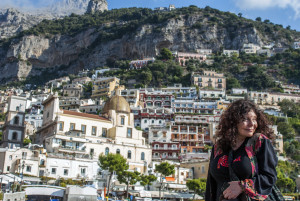
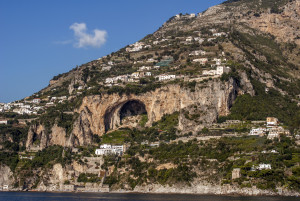
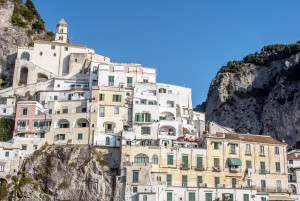
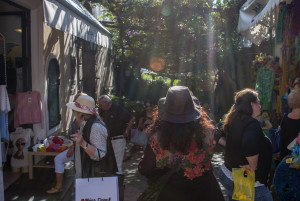
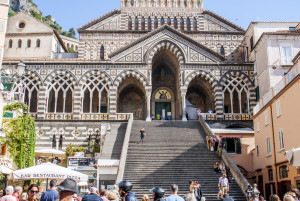
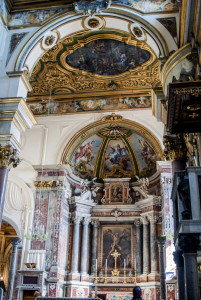
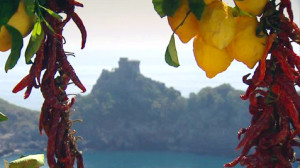

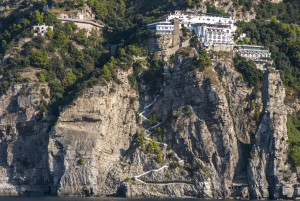
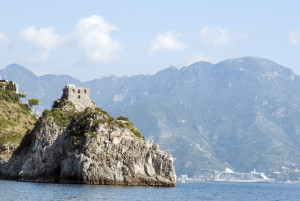
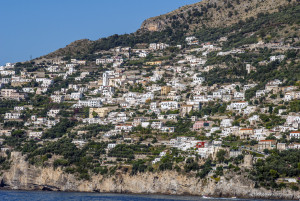
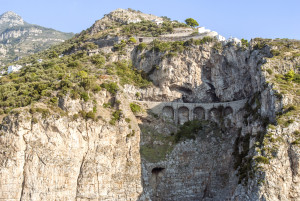
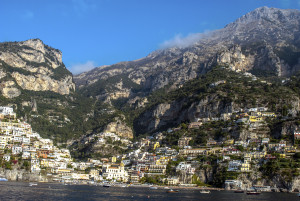
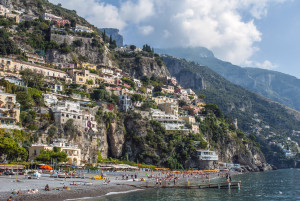
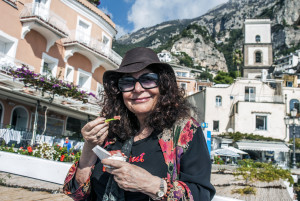


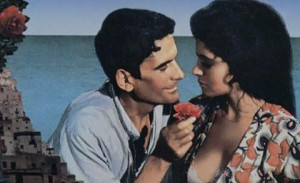

Speak Your Mind